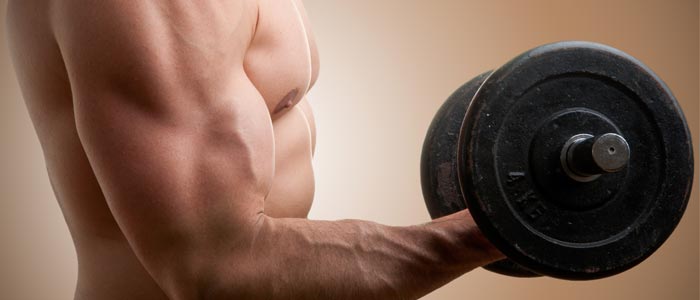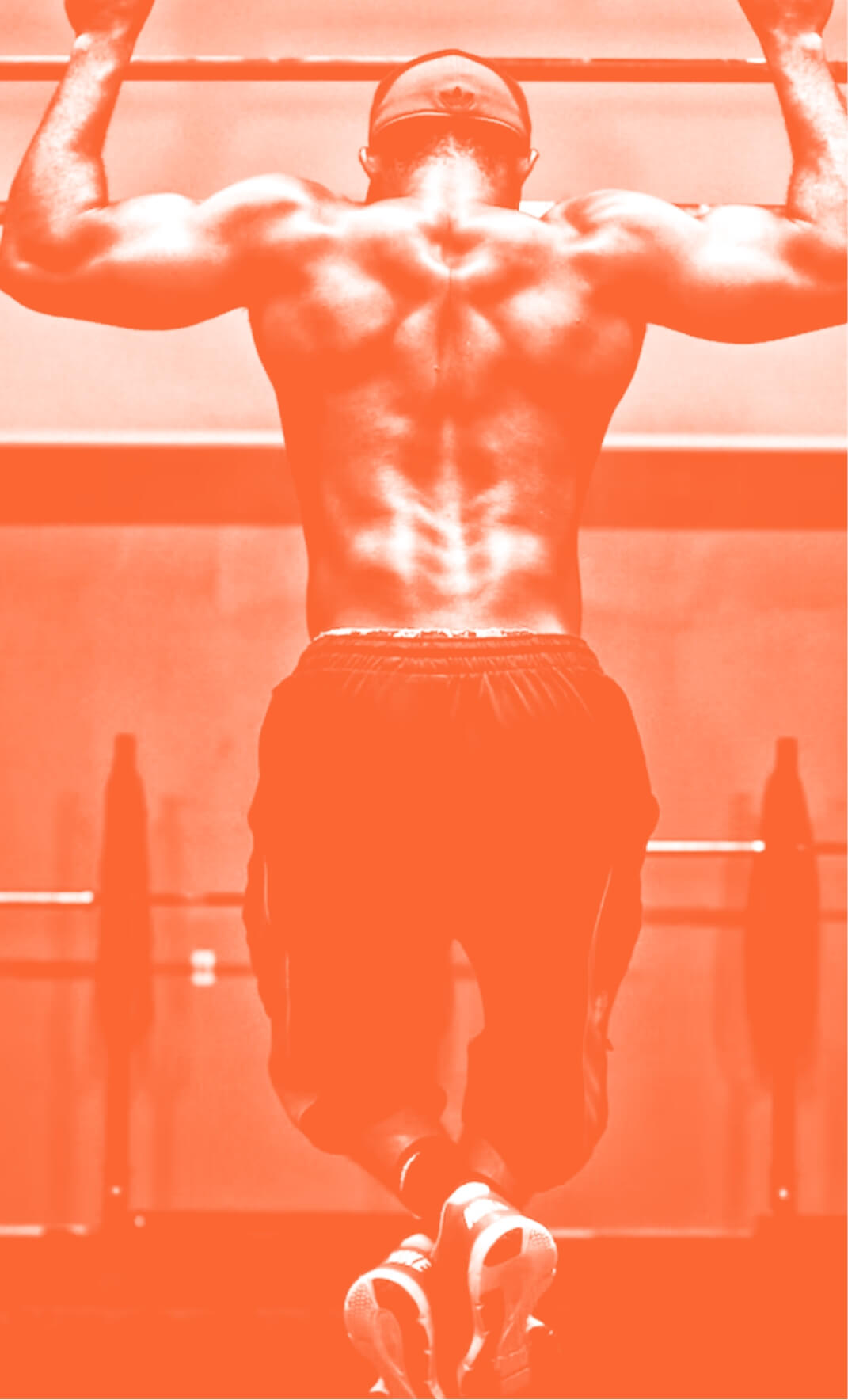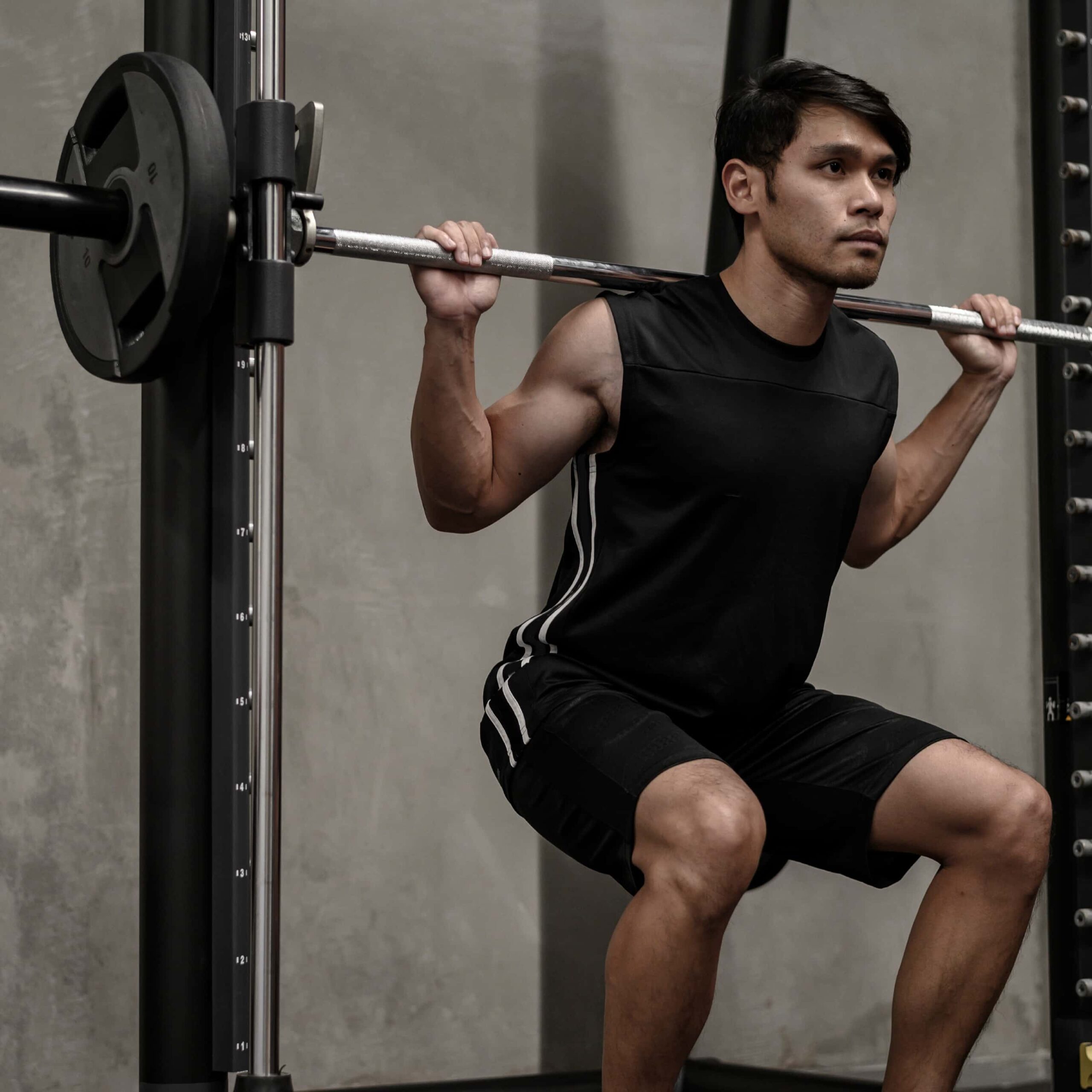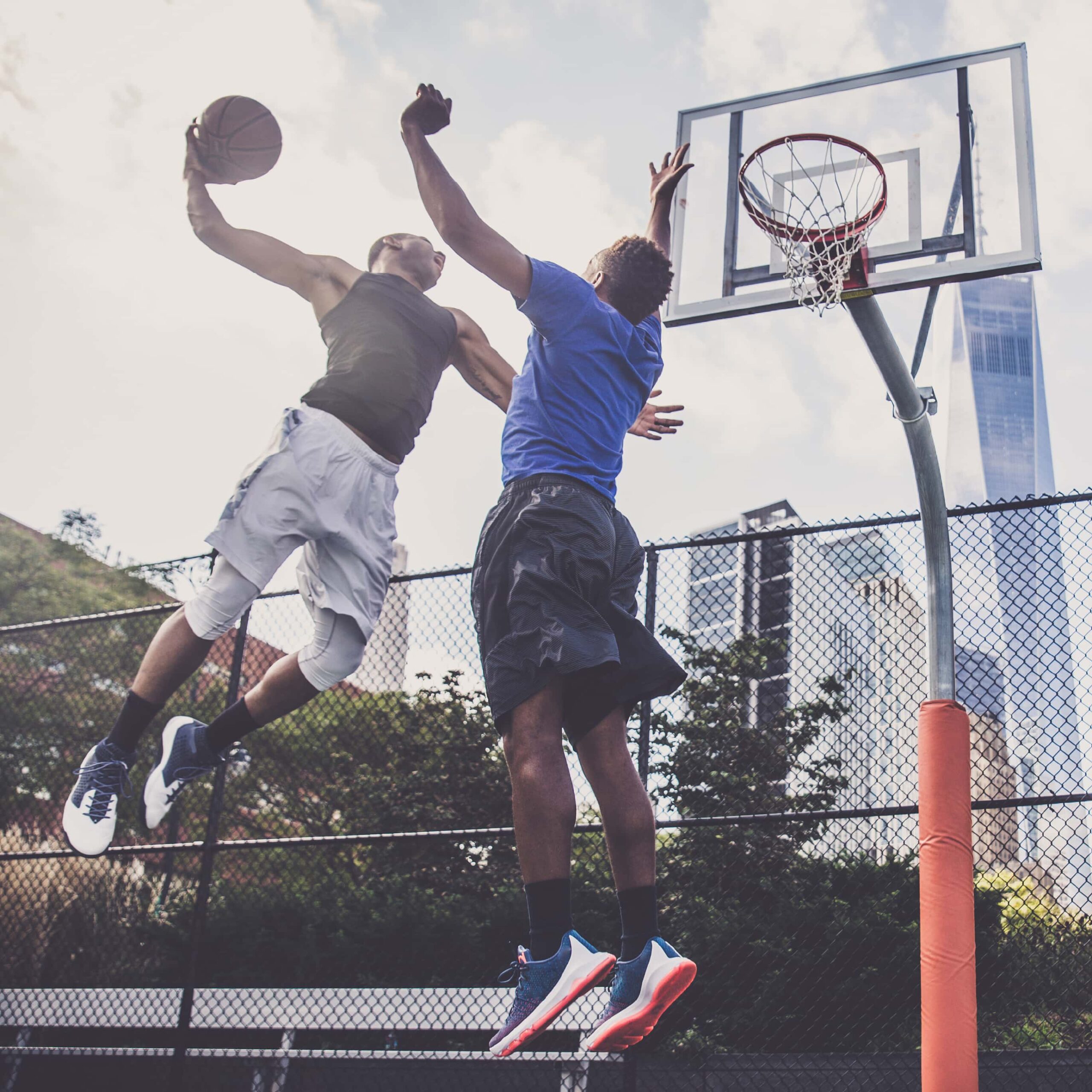Muscle Memory: The Secret Gift of Weight Training
27th Apr 20

Muscle memory is one of the most fascinating parts of weight training and fitness anatomy, but what it actually is, isn’t something that’s always been clear. It can come across as a kind of urban gym legend if you don’t do too much homework on muscle building, but understanding it is always the first step in harnessing its power.
Here we’ll look at how it all works and what makes it happen. Of course, there’s still a lot that we don’t know about muscle memory, too, but what we do know is extremely useful to strength training and muscle mass both now and in later life. So, let’s look at what it’s about.
Want to move fast? Jump to the right section below.
- Phase 1: Beginner Gains
- Phase 2: Developing Muscles Mass
- Phase 3: Muscle Memory Retaining Progress
- Challenges to Muscle Memory
- Best Weight Training Products
Phase 1: Beginner Gains
As you begin your weight training, your body goes through a lot. As a result, you’ll be doing movements that you don’t usually do, with resistances that you never really face, especially on a regular basis.
So, what does your body do about it? Well, this is where beginner gains come into play. You’ll often see and hear that beginners to weight lifting see huge progression rapidly as you begin adjusting to weight training. It doesn’t last long, but it is there, and it works wonders. Hypertrophy really gets to work.
When it does cut off, and you begin to slow down with your progress, this is the prime time to start really making the most of variation. But, again, changing your exercise routine frequently prevents these plateaus and keeps muscle memory at its peak.
Phase 2: Developing Muscles Mass

Sadly, this rapid beginner muscle-building progress soon curves off. Your body adjusts to the strain you’re putting on it, and it learns to make things more efficient. Sadly, that slows things down.
These changes that you are forcing your body to make lead to an increase in the size of your muscles and the power that they can produce. This is the magical part.
It’s not all about getting more calls. In fact, you get the cells you already have much bigger. This is because the cells in your muscles actually grow in size and have more than one nuclei, the centre of the cell, making them able to do so much more. So as they need to do more work, they grow bigger and create more nuclei, and in turn, help you to lift heavier weight.
Phase 3: Muscle Memory Retaining Progress
This is where muscle memory really comes into a league of its own. When you stop training or even take a break, your muscles lose mass. They become rapidly noticeably smaller. The longer you leave it, the worse it gets. That’s just how it works.
What you do need to know, however, is that most of the cells don’t go anywhere. They just lose the mass that they’ve been gaining as they don’t need to waste energy maintaining your muscles that you aren’t using.
When you do get back into it, though, they are still there. So you still have those extra nuclei hanging around in there, which are ready and waiting to go, and they kickstart your muscle synthesis in no time!
They will rapidly grow to try and accommodate what they used to do, and this is where your muscle memory is coming from. You won’t be able to jump back in where you left off, but you’ll be able to get back there rapidly over time!
Challenges to Muscle Memory
With all of this said about muscle memory, it’s not actually as black and white as we’ve made it out to be. This is how muscle memory works, but it isn’t always so easy to actually achieve. There are a few different ways that life can throw a spanner in the works.
Age
Muscle memory is always a factor, but it does get harder to utilise. It’s not hard to believe that the older you get, the harder it is to get back to where you were.
Muscle memory does what it says on the tin, but for real muscle to form, you need to maintain them regularly and not just stop and start when you feel like it.
In later years, muscle memory does actually stop building so much too. So it’s wise to get the training in before you’re too old to see the benefits. Now is as good a time as any! Make the most of your youth and get those nuclei early!
Diet
As with anything in your fitness, your muscle memory and what it is or does still relies entirely on your diet. What you eat and how much of it still greatly affects your muscle mass. That goes for when you’re not training too.
Let’s put this into context. If you’re weight training trying to build muscle, you need the right macros and micros as well as the right calorie surplus. So you use the extra calories for building mass and the right macro balance to get that done.
When you stop training, you need to do two things. Number one is to make sure you hit the maintenance calories of your new mass. Don’t keep a surplus without training, or you may build fat. You need to keep the maintenance of calories in mind. If you go under, you may see muscle memory being less effective in the long term.
Number 2 goes back to these macros. Make sure you’re eating enough protein to maintain as much muscle mass as you can all the time. This is the best way to prevent any decline in muscle mass at all!
Exercise
If you really want to make the most of your hard work and use muscle memory to its fullest possible potential (which, in all fairness, most of us actually don’t because of this one), you need to keep exercising.
That’s right. Even if you’re not training anymore, your exercise levels still affect how you can get back to where you were. So don’t get too comfortable with this relaxed lifestyle!
For example, muscle memory won’t do too much for you if you become totally inactive for a decade. However, if you still exercise regularly, your body will make the most of it. That is the basis.
Best Weight Training Products



Ultimately, muscle memory is incredible, but only if you have the right conditions to utilise it. Exercise and fitness should really be a lifelong way to help you keep happy and healthy. If you ever need to take a break, try not to make it too long to need muscle memory in the first place. If you do take a long break, the best thing you can do is stay as active as you can, eat right, and stay well.
Remember, fitness is different for everyone. Find a way to be healthy that suits you and not anyone else.

Before beginning any exercise or nutrition program, consult your physician, doctor or other professional. This is especially important for individuals over the age of 35 or persons with pre-existing health problems. Exercise.co.uk assumes no responsibility for personal injury or property damage sustained using our advice.
If you experience dizziness, nausea, chest pain, or any other abnormal symptoms, stop the workout at once and consult a physician or doctor immediately.









